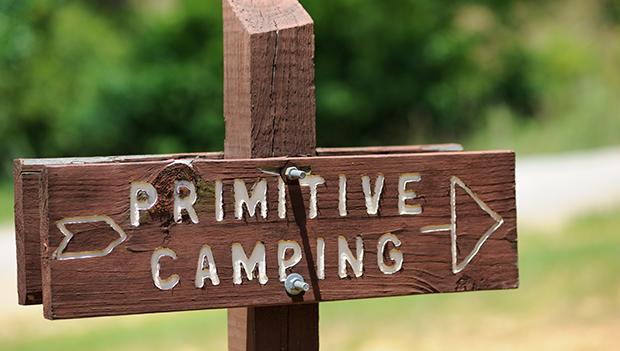
In the modern camping landscape, there are a variety of ways to spend time outside. RV camping and glamping are popular ways to enjoy the outdoors enhanced by the luxurious comforts of home. On the flip side, primitive camping is a simplified way to get in tune with nature without all the fuss.
If your preferred experience does not include crowds, electronics, campsite reservations, or contemporary conveniences of any kind, primitive camping is for you. If you’re still on the fence, read on; we’re breaking down the pros and cons and exploring the dos and don’ts of primitive camping.
What Is Primitive Camping?
Primitive camping is camping in remote areas without amenities like bathrooms, picnic tables, trash cans, or any other man-made structures.
Primitive campers usually hike, boat, or snowmobile into their campsite and bring everything needed including food, water, shelter, and first aid supplies. What you give up in luxuries you gain in closeness with nature, solitude, and lack of crowds
Independence and self-reliance are the name of the game when figuring out the ins and outs of what primitive camping is and whether it’s right for you. Make sure you come prepared and bring all the supplies you’ll need for your adventure. Because if you do it right, it can be extremely fun, confidence-boosting, and restorative.
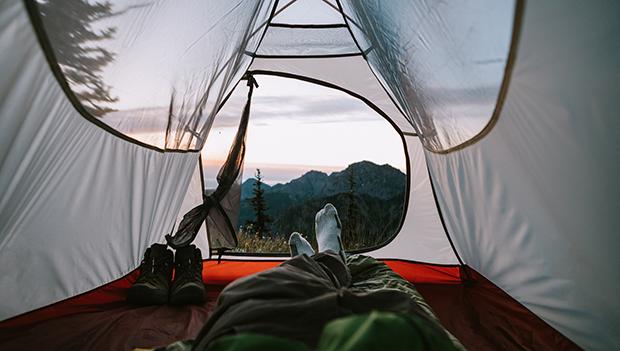
Pros and Cons of Primitive Camping
Pro: It might seem like primitive camping takes more effort, but there are major benefits to venturing off into the wilderness away from others. For instance, at a reservation-based campground, you could have to deal with overbooked sites, noisy neighbors, and limited space to spread out. When you camp primitive-style, you have the freedom to choose your destination and freedom from common distractions, so you can enjoy nature on a different level.
Primitive camping can also be a much cheaper alternative to modern camping methods with RV and cabin rentals. And because you won’t be towing a trailer, transportation will involve less fuel, less money, and fewer headaches for everyone involved. Not to mention, without a big RV weighing you down, you can explore more remote areas with far better views, instead of being stuck on the pavement near the public restrooms.
Con: On the downside, primitive camping won’t afford you luxuries like a cozy bed to sleep on or a toilet for using the restroom—which means much less overall comfort. There won’t be a place to wash the dishes or take a shower, and in most cases, there won’t be cell service. While this seclusion can be a nice break from your hectic urban life, you will need to be fairly sufficient at things like starting a fire, pitching a tent, dealing with wildlife, and basic first aid should something go wrong. More things to consider are, how to refrigerate your food, how to deal with the elements, and how to ensure you have an adequate water supply.
For the right person with the right set of skills, these aren’t negative “cons” at all, but rather exciting challenges that make primitive camping so refreshing and rewarding.
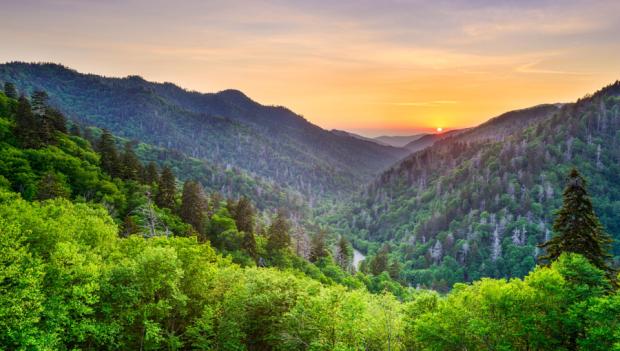
What You’ll Need
When planning a primitive camping expedition, you need to strategize, organize and bring the essentials you will need during your stay in the great outdoors. While you don’t want to overpack, you also don’t want to forget something significant. Before you go, consult our packing list.
Tent or rooftop camper tent: While a standard tent will work, you’ll need to consider the weight of your tent if you plan on parking someplace and backpacking to a remote location that doesn’t allow vehicles. If you’re heading to a location where wildlife is a concern, a rooftop tent can be a good way to get to a secluded location and stay off the ground where it’s a bit safer.
Food supplies: This includes all the water you’ll need for the duration of your trip (or water purification options if you’ll be near a water source) and any food for meals. If you plan on catching fish or hunting, you’ll still need something just in case your planned catch doesn’t pan out. Think about how you’ll start a fire and cook your food, and what cookware you’ll need. But try and keep things simple to minimize the headaches—especially if you plan on backpacking.
First aid kit: Bites, cuts, sprains, and other injuries can happen at any time. Make sure you have a simple first aid kit on you at all times and learn the basics of treating common injuries.
Backcountry permits or primitive campsite reservations: Some state parks offer primitive campsites that may still require a reservation, and many backcountry locations require a permit to camp overnight. Some backcountry permits in popular areas are issued through a lottery system, so require an early permit application whereas less popular areas may offer walk-up permits at nearby Ranger Stations. Check with the specific park or wilderness area to see what’s needed for your trip.
Other essentials: A map of the area, sunscreen, toilet paper, a sleeping bag, and a pocket knife are good extras to bring. For other worst-case scenarios, a flashlight, rain gear, waterproof matches, and a portable backpacking stove can save you big time.
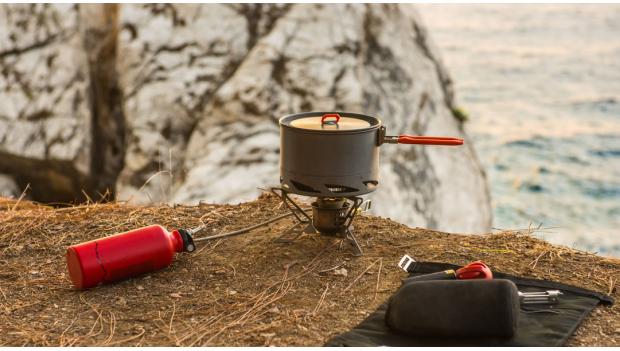
Where to Go
Besides researching what primitive camping is, no doubt you are wondering – where can I go primitive camping? One of the best parts of primitive camping is exploring remote regions where few others have traveled. Here are a few spots in the U.S. where you can venture off and set up camp where you like:
Lost Maples State Natural Area, Texas: There are 30 unassigned primitive sites that campers can hike to amidst the landscape beloved for its bigtooth maples.
My Old Kentucky Home State Park, Kentucky: This park is a great option for newbies to primitive camping. The park comprises rolling hills and plenty of history and amenities, with the primitive camping allowing you to pitch a tent wherever you please in a designated area, but close to the facilities.
Make Your Primitive Site Reservation
Elephant Butte Lake, New Mexico: Pitch a tent in one of three areas near the lake with wide, green-blue waters that create a stunning contrast to the arid landscape.
Lake MacBride State Park, Iowa: This is another ideal choice for people looking to primitive camp, but not in a far-off, remote setting. The primitive campgrounds are near the lake and have restrooms nearby.
Welaka Primitive Campsites, Florida: Located in the heart of the Welaka State Forest, these campsites are accessible by a 2-mile hike or access by boat along the St. Johns River.
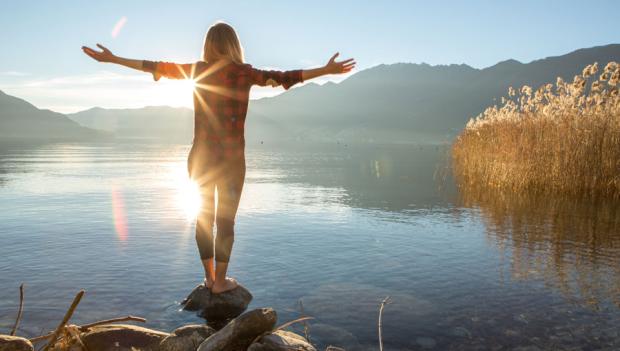
Leave No Trace Ethics
Last but not least, all campers (especially primitive campers) must leave no trace during camping adventures. Preserving the land you camp on and leaving it in the same state you found it is a responsibility all campers should take seriously. This includes packing out all garbage and disposing of all waste properly, camping on durable or previously-used surfaces, and more.
Are you ready for your adventure? Plan your camping trip!